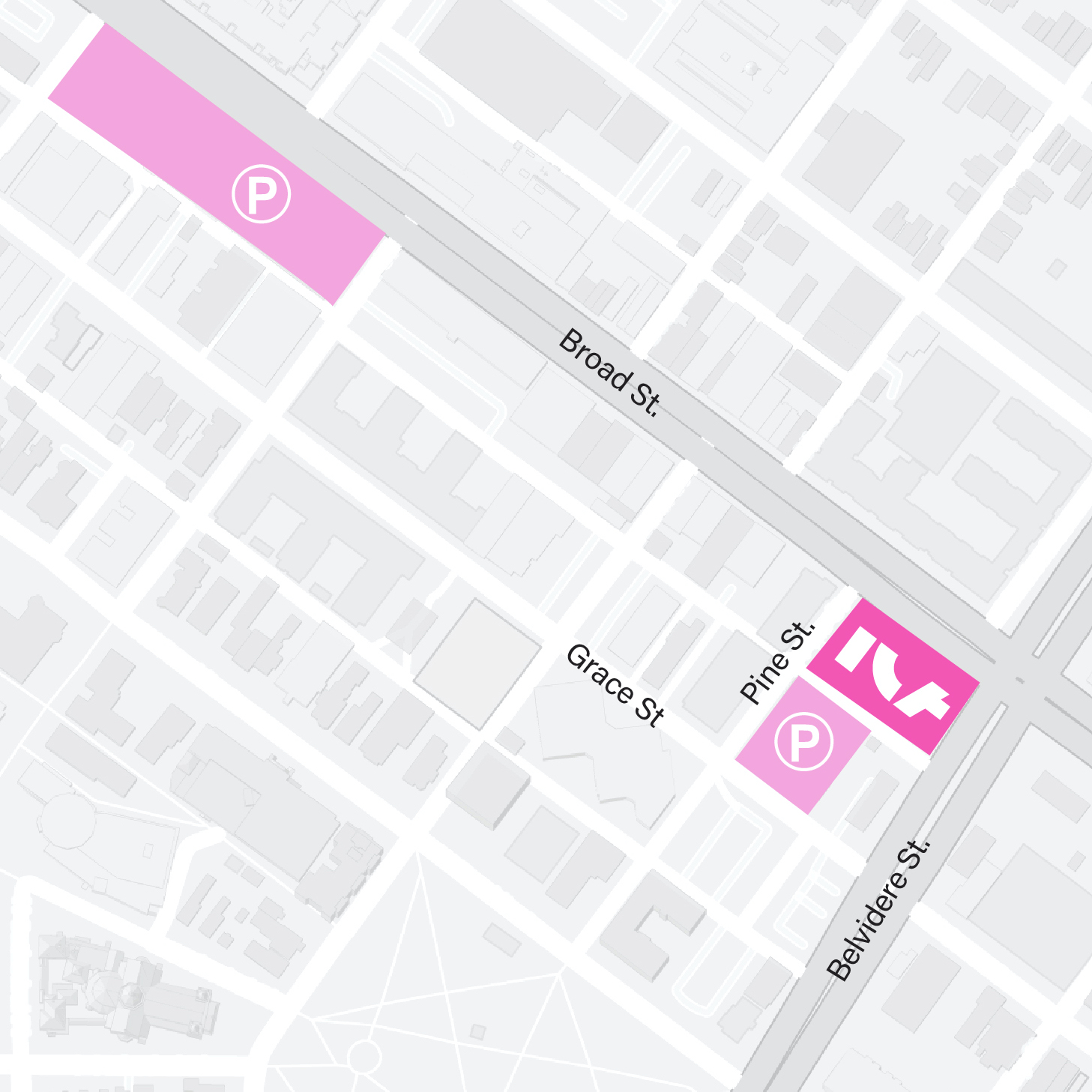

Growing Kale, Shifting Power and Building Food Sovereignty
Malik Yakini will share some of his experiences and lessons learned in co-founding and leading the Detroit Black Community Food Security Network. He will share his thinking about America’s colonial legacy, the country’s ongoing racial oppression and how those factors shape land ownership, food, agriculture and economics. He will also share how the programs and initiatives of the Detroit Black Community Food Security Network and the National Black Food and Justice Alliance are building food sovereignty.
This event is part of the Environmental Humanities Speaker Series at the Humanities Research Center, co-hosted by the ICA. Co-sponsors for this event include Virginia Humanities, the School of World Studies, and Sociology at VCU.
About the Speakers
Malik Kenyatta Yakini is co-founder and Executive Director of the Detroit Black Community Food Security Network (DBCFSN). DBCFSN operates the seven-acre D- Town Farm and is spearheading the opening of the Detroit Food Commons, in Detroit’s North End that will house the Detroit People’s Food Co-op. He serves as a board member of the co-op. Yakini views the work of DBCFSN as part of the larger movement for building power, self-determination, and justice. He is adamantly opposed to the systems of white supremacy, capitalism and patriarchy. He has an intense interest in contributing to the development of an international food sovereignty movement that embraces Black communities in the Americas, the Caribbean and Africa. He is a co-founder of the National Black Food and Justice Alliance.
Duron Chavis started his career in community advocacy as first a volunteer then an employee of the Black History Museum and Cultural Center of Virginia. While there, he founded the highly acclaimed Happily Natural Day festival as a grassroots effort to supplement the summer jazz concert that was held annually at the institution. The festival is a weekend-long experience that focuses on cultural awareness, health, wellness and social change. Duron engages in coordinating innovative and dynamic initiatives around the topics of urban agriculture and local
food systems in a culturally relevant way. In 2009 Chavis launched the Richmond Noir Market, a Saturday farmer’s market targeting low-income communities located in what the USDA has designated as food deserts in Richmond Virginia. 2012 marked the development of his first community garden which subsequently led to the development of urban farms, urban orchards, urban vineyards and work in poverty mitigation, workforce development, health and racial equity.
About the John R. Lewis Memorial Lecture Series
This lecture celebrates the legacy of the late John R. Lewis, co-founder of Renew Richmond and an inspirational figure in the Richmond Black Food Justice community. John worked extensively with Roanoke and Richmond inner-city youth in schools and
communities—Roanoke’s Gainsboro, Melrose-Rugby, Hurt Park, Addison; and Richmond’s Gilpin Court, Summer Hill, Reid, Green, Blackwell, Boushall, J. L. Francis, Westover Hill, and numerous Boys and Girls Clubs throughout the city. He taught students how to grow their own food, often providing a respite for some from gang activity while “hanging out with John in the garden.” John eventually co-founded and became Executive Director of Renew Richmond, a nonprofit that operated several extensive urban agricultural sites and pop-up stands where fresh produce was grown, harvested, distributed, and sold by children and adults in Richmond’s poor and predominantly Black communities.

 10 AM-5 PM
10 AM-5 PM

 Area Map
Area Map  Parking
Parking